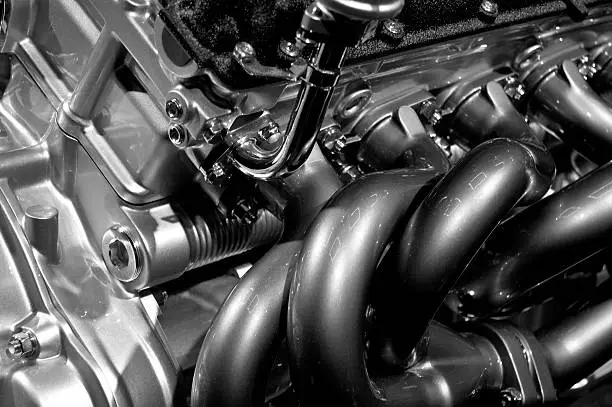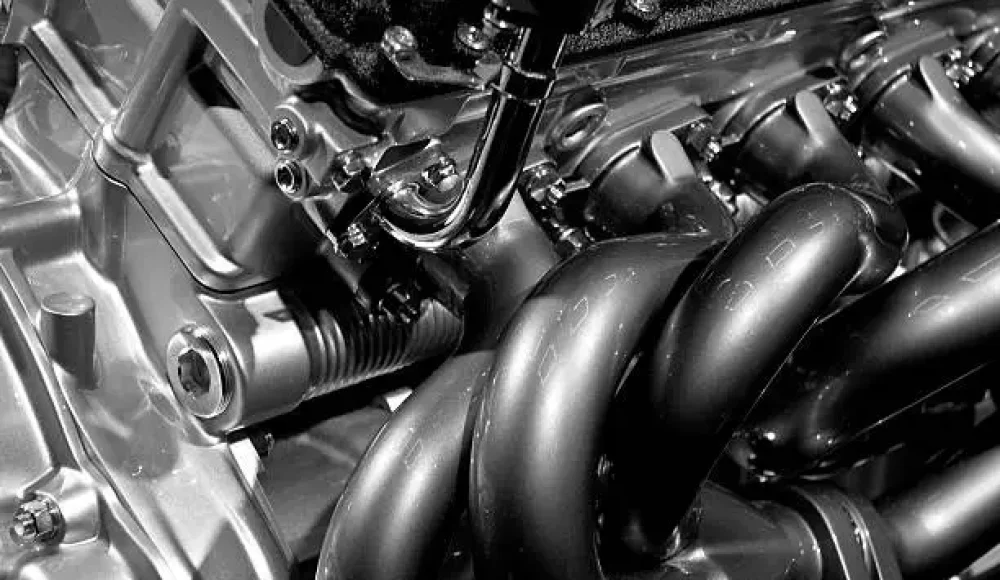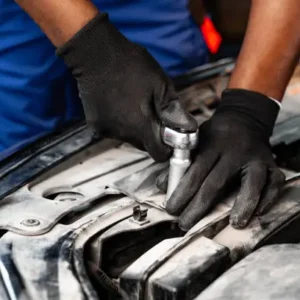The Lightweighting Imperative in EVs
Electric vehicles (Véhicules électriques) represent the future of sustainable transportation. Cependant, one challenge persists—range anxiety. To improve battery efficiency and range, manufacturers turn to lightweight materials. Every gram matters in an electric vehicle. Therefore, lightweighting becomes a core design goal.
Titanium fasteners, known for their exceptional strength-to-weight ratio, now play a pivotal role. Combined with cold heading manufacturing, they offer unmatched performance benefits. This article explores how cold heading technology helps produce titanium fasteners that meet the lightweighting goals of the EV industry.
Why Titanium Matters in Electric Vehicle Design
Strength Without Weight
Titanium offers high tensile strength, rivaling steel, yet weighs nearly 45% less. This makes it ideal for structural and non-structural automotive components. For EVs, this means more payload or battery capacity without adding unnecessary mass.
Corrosion Resistance
Unlike many metals, titanium resists oxidation and corrosion. This longevity ensures fewer replacements, longer service intervals, and enhanced sustainability for high-value vehicles.
Thermal and Electrical Compatibility
In environments where thermal stability and non-magnetic properties are critical—like battery enclosures—titanium is unmatched. It does not spark, ensuring safe application in high-voltage zones.
The Role of Fasteners in EV Structures
Attaches: The Connective Backbone
Fasteners are essential for vehicle assembly. Whether securing battery modules or body panels, they ensure structural integrity. In EVs, thousands of fasteners support modular battery packs, electronic control units, chassis systems, and more.
Weight Accumulation from Traditional Fasteners
A single stainless steel bolt may seem insignificant. Cependant, multiply that by thousands, and the accumulated weight is measurable. Swapping traditional fasteners with titanium alternatives cuts several kilograms from the total vehicle mass.

What Is Cold Heading?
The Cold Forming Process
Cold heading forms fasteners from coiled titanium wire at room temperature. Unlike machining, which removes material, cold heading deforms metal using compressive force. Dies shape the fastener head and shaft with precision.
Benefits of Cold Heading
-
Efficacité des matériaux: Nearly zero waste
-
Enhanced Grain Structure: Cold working refines microstructure, increasing fatigue resistance
-
Repeatable Quality: Automated forming ensures dimensional consistency
-
Lower Energy Use: Cold heading consumes less power than hot forging or machining
Challenges in Cold Heading Titanium
Titanium’s Springback and Work Hardening
Titanium resists deformation and quickly work-hardens. This makes cold heading more complex compared to steel or aluminum. Specialized dies and lubricants are essential to shape titanium without cracking or stress fractures.
Equipment and Process Precision
Tooling for titanium must withstand high stress. En outre, maintaining consistent pressure, feed rates, and die temperature becomes crucial. Not all manufacturers have the capability to cold-head titanium with high throughput and yield.
Applications of Cold-Formed Titanium Fasteners in EVs
Battery Pack Assembly
Battery modules require secure mounting. Titanium fasteners reduce electromagnetic interference and eliminate galvanic corrosion in contact with aluminum frames.
Lightweight Chassis
EVs use aluminum or carbon-fiber chassis. Titanium bolts complement these materials without compromising mechanical integrity. They offer weight savings without reducing load capacity.
Thermal Management Systems
Pumps, heat exchangers, and coolant routing systems benefit from titanium’s corrosion resistance and strength. Fasteners remain reliable in high-temperature zones.
Suspension and Brake Components
Fasteners for calipers, control arms, and knuckles face high stresses. Titanium’s fatigue resistance and high yield strength deliver optimal performance without bulk.
Economic Considerations and Lifecycle Value
Upfront Cost vs Long-Term Savings
Titanium fasteners cost more than steel. Cependant, the long-term benefits include:
-
Lower replacement costs
-
Less maintenance
-
Weight-based energy savings
-
Improved vehicle range
Value in Fleet and Commercial EVs
Fleet operators value uptime and efficiency. Titanium fasteners offer extended service intervals, making them ideal for taxis, delivery vans, and commercial EV fleets.
Environmental Impact and Sustainability
Low Waste Manufacturing
Cold heading uses nearly all the input material. This reduces scrap and improves resource efficiency.
Lower Emissions in Use
Lightweight fasteners reduce vehicle mass. Lighter EVs consume less electricity per mile, reducing carbon emissions from grid power.
Recyclability
Titanium is 100% recyclable. At the end of life, fasteners can be recovered and reused without degradation.
Industry Trends Driving Adoption
Government Mandates for Emissions Reduction
As nations push for net-zero goals, lightweighting becomes key. EV OEMs must trim every kilogram possible to meet energy consumption targets.
EV Racing and Performance Vehicles
Motorsport EVs demand both strength and weight savings. Titanium fasteners are the default choice for EV racecars and hypercars due to performance benefits.
Modular Battery Platforms
New EVs use modular battery trays. Fastener uniformity, résistance à la corrosion, and electrical insulation become critical, making titanium an optimal solution.
 Global Market Outlook for Cold-Formed Titanium Fasteners
Global Market Outlook for Cold-Formed Titanium Fasteners
According to market research reports, the global automotive titanium fastener market is expected to grow at a CAGR of over 7.5% between 2025 and 2030. This growth is driven by:
-
Increased EV adoption
-
Advances in cold heading processes
-
Rising demand for lightweight automotive components
-
Stringent safety and durability standards
Summary: Why Cold Heading Titanium Fasteners Are the Future of EVs
Titanium fasteners are no longer niche—they are a necessity. Cold heading brings them to life efficiently and sustainably. From chassis to batteries, their lightweight and high-strength features boost EV performance and durability.
CHE specializes in producing cold-headed titanium fasteners tailored for modern EV architectures. Our manufacturing expertise ensures product consistency, short lead times, and optimized cost-performance ratios.
By investing in advanced cold heading solutions, CHE empowers the automotive industry to meet future mobility challenges—lightweight, sustainable, et fiable.





